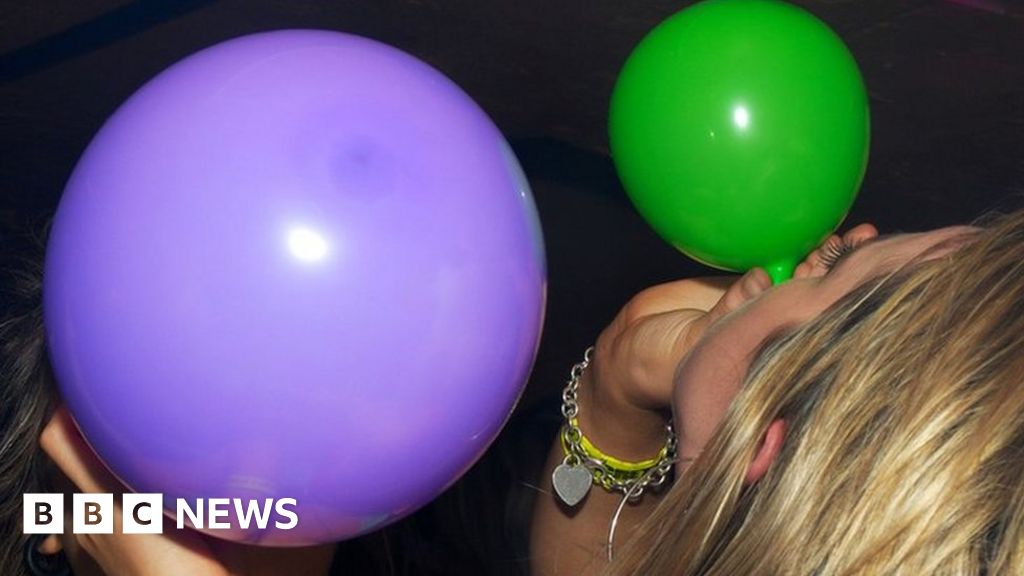文章管理 查看文章



A 25-year-old said taking too much laughing gas left her unable to walk and put her in hospital for six weeks.
Mollie, from Caerphilly, said doctors found inflammation on her spinal cord and brain damage from nitrous oxide, which is also known as NOS.
Nitrous oxide, sold in metal canisters, is known as NOS and is one of the most-used drugs by UK 16 to 24-year-olds.
On Monday Prime Minister Rishi Sunak will announce the drug's ban in his plan to tackle anti-social behaviour.
It goes against recommendations from the Advisory Council on the Misuse of Drugs (ACMD) which recently advised against new laws to ban nitrous oxide.
The law makes production, supply and importation of nitrous oxide for human consumption illegal, but until now it has been legal to possess the cannisters.
Mollie thinks the ban is a good idea.
Image source, Getty Images
Mollie found herself alone and isolated during the Covid pandemic and, to deal with her deteriorating mental health, she began buying laughing gas.
Soon, she was buying ten boxes a week - each containing 24 cannisters - and began getting pins and needles in her hands and feet and suffering fits.
After a couple months, Mollie was on her way to work in a department store when she found herself unable to walk.
When she was sent to hospital, doctors discovered she had an inflammation on her spinal cord and "massive nerve damage" from "starving" her brain of oxygen.
Doctors told her parents she may never walk again, leaving her "petrified".
The drug can damage the nervous system by interfering with the metabolism of vitamin B12. This damages a protective layer on nerves, typically those in the rear of the spine.
She spent six weeks in rehabilitation and has now recovered, but still has pins and needles in her hands and feet from nerve damage.
"I used to be a great runner and used to dance and now I can't do those things," she said.
Speaking to BBC Radio Wales, Martin Blakeborough, chief executive at the drug and alcohol charity Kaleidoscope, said the ban will not stop people using it and investment in youth services was needed.
"If we want to deal with anti-social behaviour in young people, firstly give them something to do, give them a safe place to go and that will actually move them away from the danger of drugs."
Related Topics